Software spots flaws in fresh produce, even if it looks perfect to the human eye
You’re looking for bruises on an apple or squeezing an avocado in your local supermarket, but the chances are it’s already been checked – inside and out – by artificial intelligence.
New software can analyze every aspect of fruit and vegetables before they reach supermarket shelves. It can determine a product’s shelf life, and check for internal rot and pesticide residues.
It integrates sensors and advanced optics into 360-degree cameras that see far more than the human eye, and that means a drastic reduction in food loss.
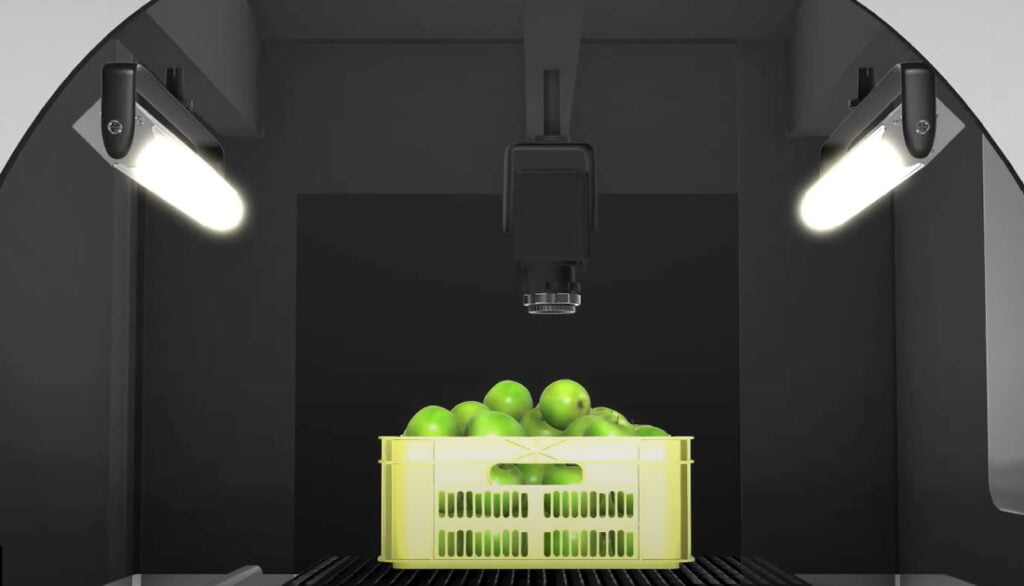
As much as a fifth of all fresh produce is lost before it ever reaches the grocery store. This is because it is handled and stored poorly during transportation, or rots on its journey from the farm to the retailer.
The system that processes fruits and vegetables before they are distributed to supermarkets is very outdated. More often than not, the produce is sorted manually on conveyor belts before they are distributed to retailers.
A single person inspects 15 to 20 tons of produce per hour by hand. Sorting through over a hundred tons of produce a day at a rapid pace is a dull job, and workers are understandably prone to making mistakes and missing defects.
“Packing houses are the last systematic link to look at quality before products reach consumers, but their analyses are not thorough enough,” says Amir Adamov, CEO of Neolithics.
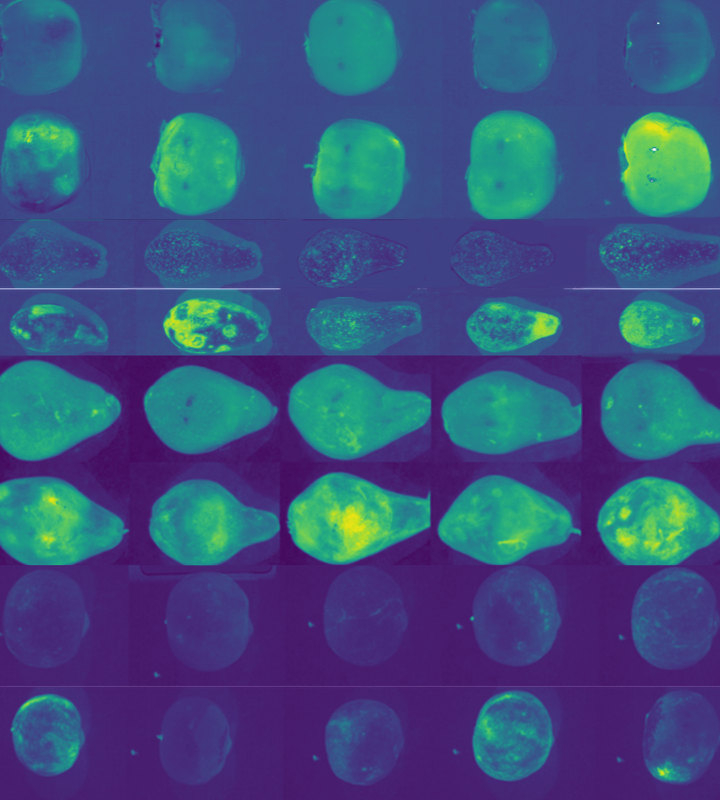
“The supply chain of fruits and vegetables is the most wasteful, because produce is the most difficult grocery category for management.”
The Herzliya-based company develops software that is implemented in sorting and automation equipment in warehouses and packing houses. Its AI measures the physical appearance of the product and whether it suits what the market wants in terms of look, shape and size, as well as its nutritional parameters, including starch, fats, sugar, biomatter and fibers.
It looks out for anomalies, like uneven liquid distribution, which means that even though the fruit looks perfect on the outside, it’s bad inside. The AI also measures residual levels of chemicals and pesticides to check the fruit is safe to eat.
“Supermarkets and retail chains have hundreds of the same product, making it very difficult to maintain a high level of insight,” Adamov tells NoCamels.
Sign up for our free weekly newsletter
Subscribe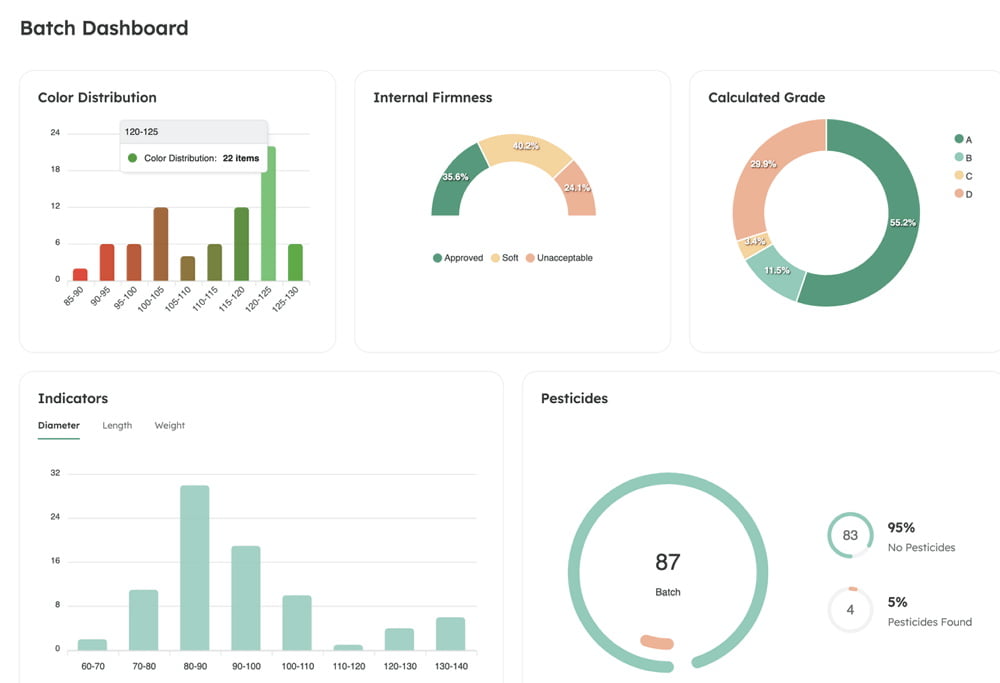
“We are present in different links of the supply chain, like packing houses and distribution centers, and we provide the best insight possible.”
Two pieces of fruit can look identical physically, but still have very different attributes. He gives an example of two identical avocados, one that has a three-day shelf life and the other that has an eight-day shelf life.
Adamov says that the software has a 90 per cent accuracy, though it varies with the product. Compared with manually examining tons of produce, it is very consistent, he says.
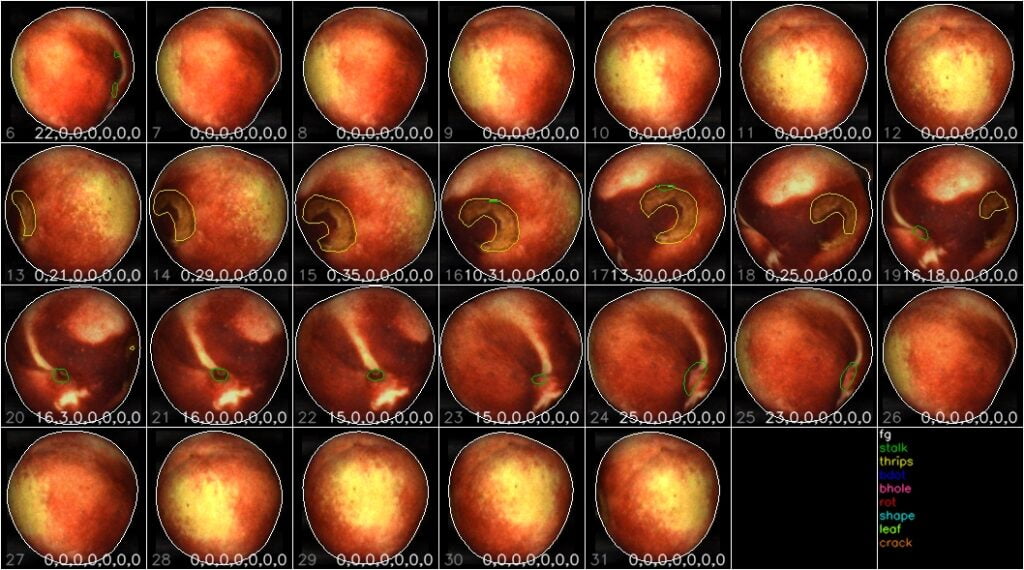
Neolithics focuses more on efficiently scanning fast-moving products like tomatoes, cucumbers and potatoes – produce that is the most consumed. Pineapples and other fruit with thick peels are harder to analyze.
Because the software integrates seamlessly with the automated equipment, the efficiency and speed of packing houses is not compromised. Other solutions, which involve supplemental apps or handheld devices, can slow things down.
Neolithics is currently working with some of the biggest retailers and packing houses in Israel to determine the best distribution schedule for dozens of fruits and vegetables. One retailer was able to cut its monthly quality control budget by more than 80 percent using the scanning technology at its warehouse.
It recently started working with Granot, Israel’s largest grower and exporter of avocados. Granot, which grew 30,000 tons of avocados in 2021, can now predict with up to 90 per cent accuracy when an avocado will be ripe.
The company plans to sell the best practices it has developed in Israel abroad, starting with the European supply chain.
“As we move forward, we hope to make suggestions to help build better and more practical supply chain partnerships to help customers distribute to the right destination, get the best price, and reduce food waste – which is the most important thing,” says Adamov.
Neolithics was founded in 2020 and is now raising its first venture capital round from investors and OurCrowd. The funds will be used to continue research and development, and initiate direct sales in the US and Europe.
Related posts

Editors’ & Readers’ Choice: 10 Favorite NoCamels Articles

Forward Facing: What Does The Future Hold For Israeli High-Tech?

Impact Innovation: Israeli Startups That Could Shape Our Future


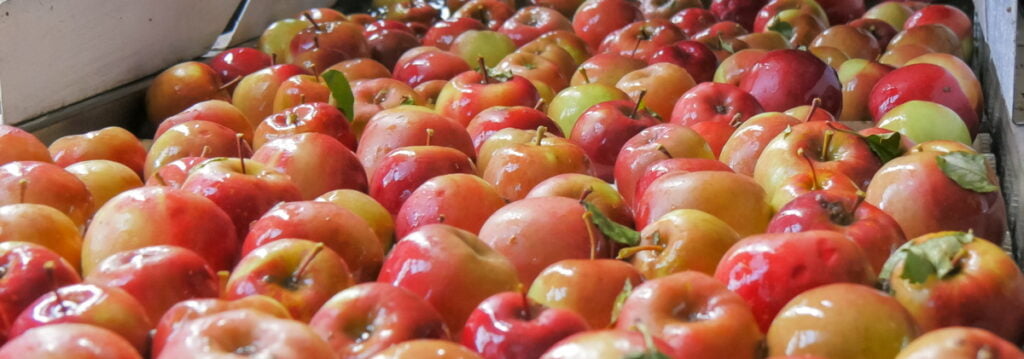

Facebook comments